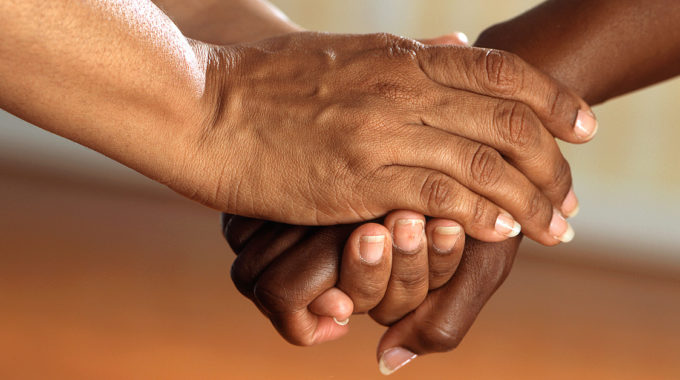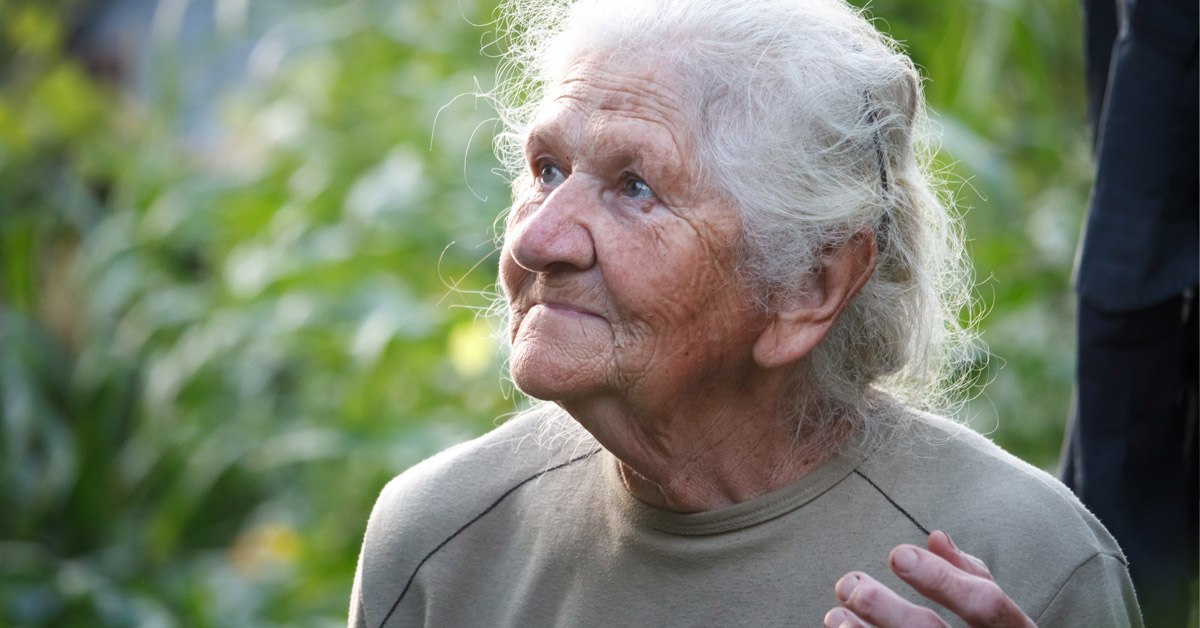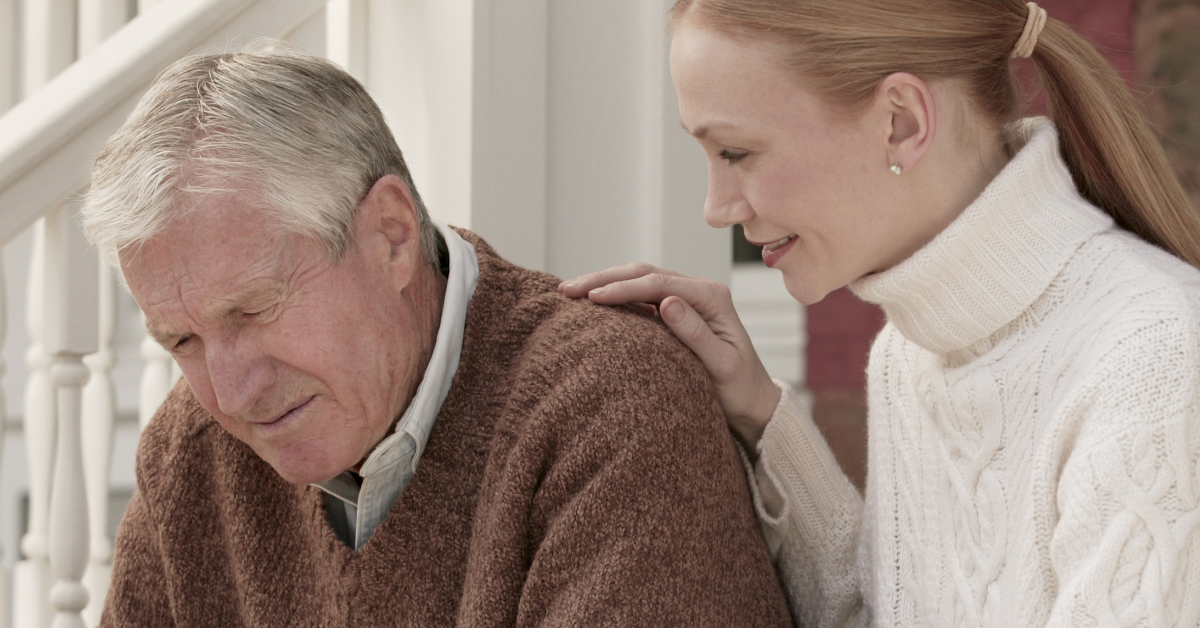
How to Help Someone Who is Grieving
Reaching out to someone who is grieving can be scary. What if I say or do the wrong thing? What if I make things worse? If you have these fears, start by doing a little research and making a plan, but don’t let these fears hold you back for too long. If you care for someone who is grieving, it’s important to reach out.
Understanding the Basics of Grief
To help someone who is grieving, it’s good to first understand the broad strokes of how grief works. Grief is a healing process. Grieving a loved one often takes 18 to 24 months, but there is no right or wrong timeline. People may recover faster or more slowly than this. Understand that your support is very valuable even if it doesn’t bring the grieving process to a quick end.
A grieving person is likely to experience highs and lows. People expect crying and sadness, but rage, fear, and other emotions may be involved. Gradual improvement is expected, especially after two months.
Small Gestures for People Who are Grieving
Don’t underestimate the small gestures.
- A card
- Flowers
- A meal
- Sending an old photo
- Helping with chores
- A donation to a favorite charity
Name the Deceased
It’s common for people to avoid naming a deceased person around the bereaved. Doing so may cause the bereaved person to cry. While some avoidance may simply be tactful, don’t overdo it. Bereaved people don’t want the loved one forgotten either. Sometimes it’s better to say the name of the person who will be missed.
Offer Specific Help
Grieving people often won’t accept open-ended offers for help. Rather than asking a grieving person how you can help, consider offering to help in a specific way. For instance, you could offer to winterize the lawnmower, help with the laundry, answer the phones, carry out the flowers when they get droopy, etc.
What to Say to a Grieving Person
“I’m sorry for your loss,” is a standard, but it has important meaning. It’s a good phrase if you want to use it. If you will also miss the deceased, say so. Offers of hope are good, but can be tricky. Phrases such as “I know you will find a way through this,” respect the current pain and the journey while also offering hope. When the setting is right, ask if he or she wants to talk. If the answer is yes, don’t advise; listen.
What Not to Say to a Grieving Person
These things can strike some people in a bad way.
- Unsolicited advice.
- Asking about the specific nature or cause of the
illness or death.
- “Did she smoke?”
- “Was she wearing her seatbelt?”
- “You have so much to be thankful for.”
- Unless you know the person is already thinking
this and you are providing affirmation
- “It’s all part of a plan”
- “In a better place”
- “It’s time to get on with your life.”
- “You will find someone else.”
- Don’t tell people how they should feel.
- Almost any statement that incorporates “you should” or “you will.”
Additionally, the question “How are you doing?” may not land well if the person is tired and feels like the answer is fairly obvious. You may want to genuinely ask, though. Simple modifications can improve this question. Examples include “How are you feeling today?” or “How are you holding up?”
Listen
Fortunately, one of the most important things a friend or loved one can do to help a grieving person is listen. Working through grief often involves telling stories, and a person may need to tell the same story repeatedly. Active listening will involve eye contact, nodding, and body language that shows engagement. Asking questions about the story to show interest and to help them tell their story can be good.
Keep Reaching Out After the Funeral
After the funeral, a lot of the attention a grieving person was receiving tends to dissipate. It’s good for close friends and family to keep reaching out. Gentle invitations to social outings, offers to listen, and other engagement can be helpful. Don’t let outward appearances be your only guide as to who needs a friend and when. Some people will choose to hide their grief very well, but that’s not because they don’t need support.
Try to Be Forgiving
Anger is a component of grief. People may turn that anger on religion, the deceased, or you. You need not accept emotional abuse. Nevertheless, where you can, try to understand if angry words are coming more from an emotional state than from a place of not valuing you.
Watch for Warning Signs of Depression
People grieving a loved one are at increased risk of not just feeling depressed but clinical depression and other problems. If grief starts to become a health problem, friends and family may need to express concerns about specific signs and encourage professional help. Watch for these signs – especially more than two months after the death.
- Difficulty functioning in daily life
- Excessive bitterness, anger, or guilt
- Decreased personal hygiene
- Drug abuse including alcohol
- Inability to enjoy life
- Hallucinations
- Isolation
- Hopelessness
- Talking about dying or suicide
If a grieving person talks about suicide, seek help immediately. One option is to call the nationwide suicide helpline: 1-800-273-8255.
Most people find their way through grief with the support of friends and family. Small mistakes while trying to help will be forgotten with time, but being present and supportive will always be remembered and appreciated.





